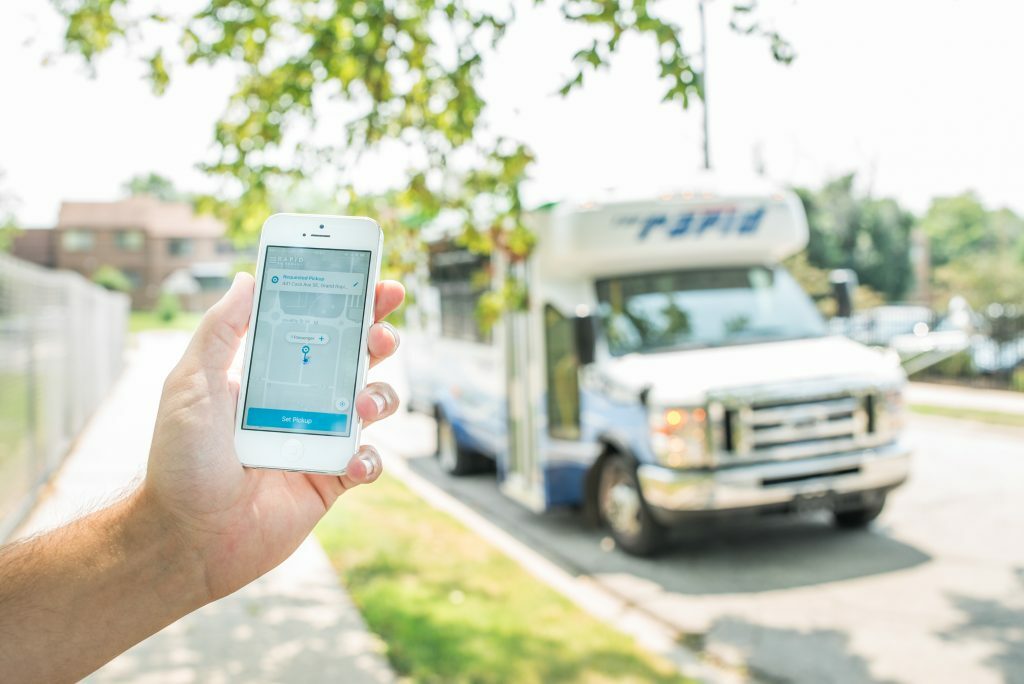
Evolution of On-demand Transit Services in Canada
On-demand transit service (also known as Demand-responsive transit (DRT) or Microtransit) is not a new concept. Previously, transit agencies provided similar services via call centers or advanced booking options. However, with the advancement of technology and increasing penetration of smartphones, it becomes easier to book and avail transit services in real-time.
On-demand differs from conventional transit in that there is no fixed route or schedule, and buses are dispatched on a request basis. Thus, it requires some level of sharing and some level of flexibility in routing and/or different vehicles. The idea of On-demand transit service to achieve better operational efficiency.
Further, the public transit agencies can also use it as a tool to achieve their key objectives:
- Service design options provide flexibility to transit agencies to fit their needs
- Specialized service to support accessibility
- Augment an existing service by offering feeder routes
- Replace an under-performing route such as off-peak, night, or weekend service
- Regional service connecting smaller communities, low density or suburban
- First and Last mile connectivity
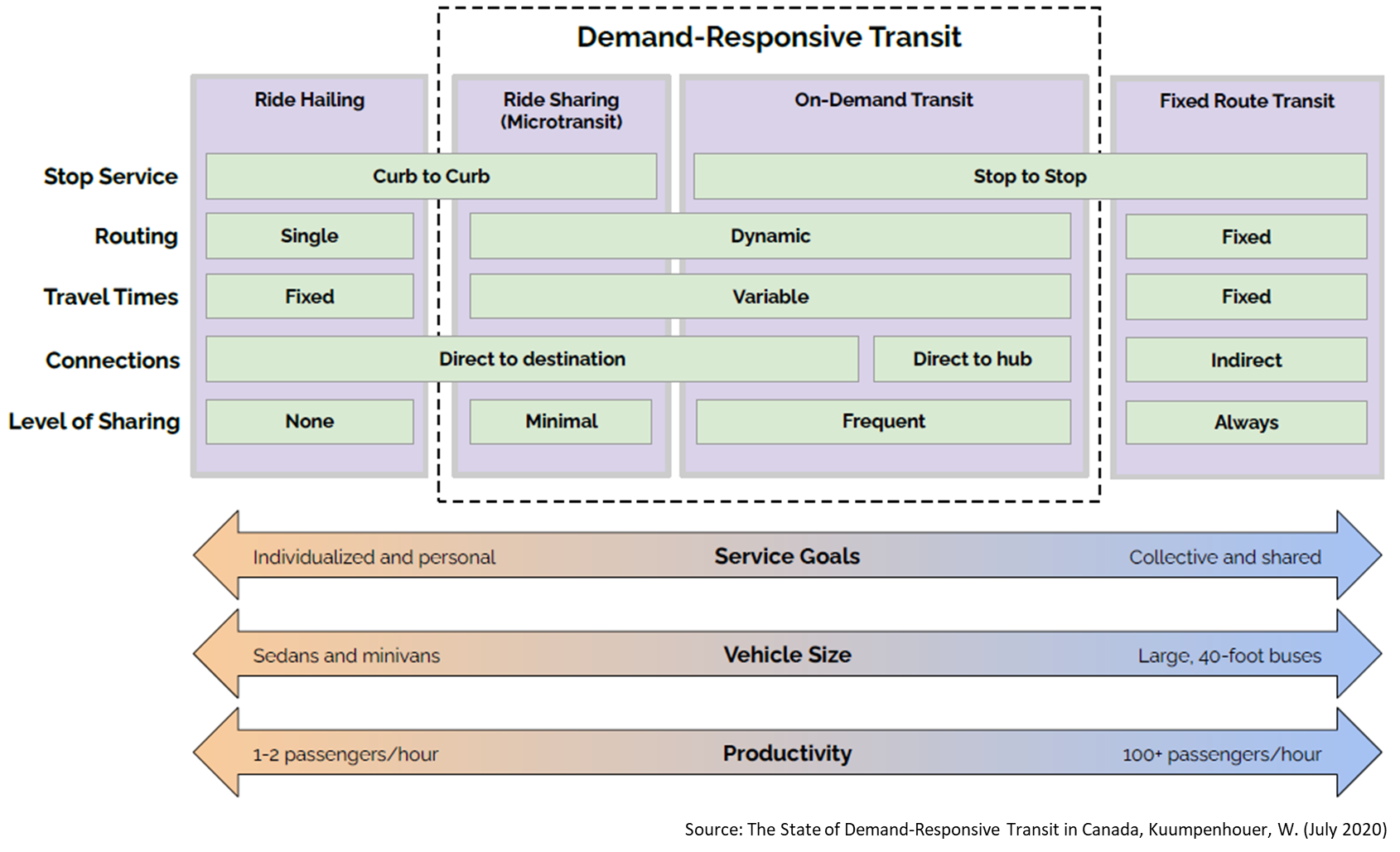
On-demand transit is becoming more popular in Canada as many cities or authorities are looking to offer better customer services and reduce operational costs. The first on-demand transit service was introduced in 2015, and since then, more than 25 initiatives have been launched. The following are some of the initiatives that have been launched in Canada and the list is growing:

Transit agencies are working on different business models. Each of these models offer some advantages and disadvantages:
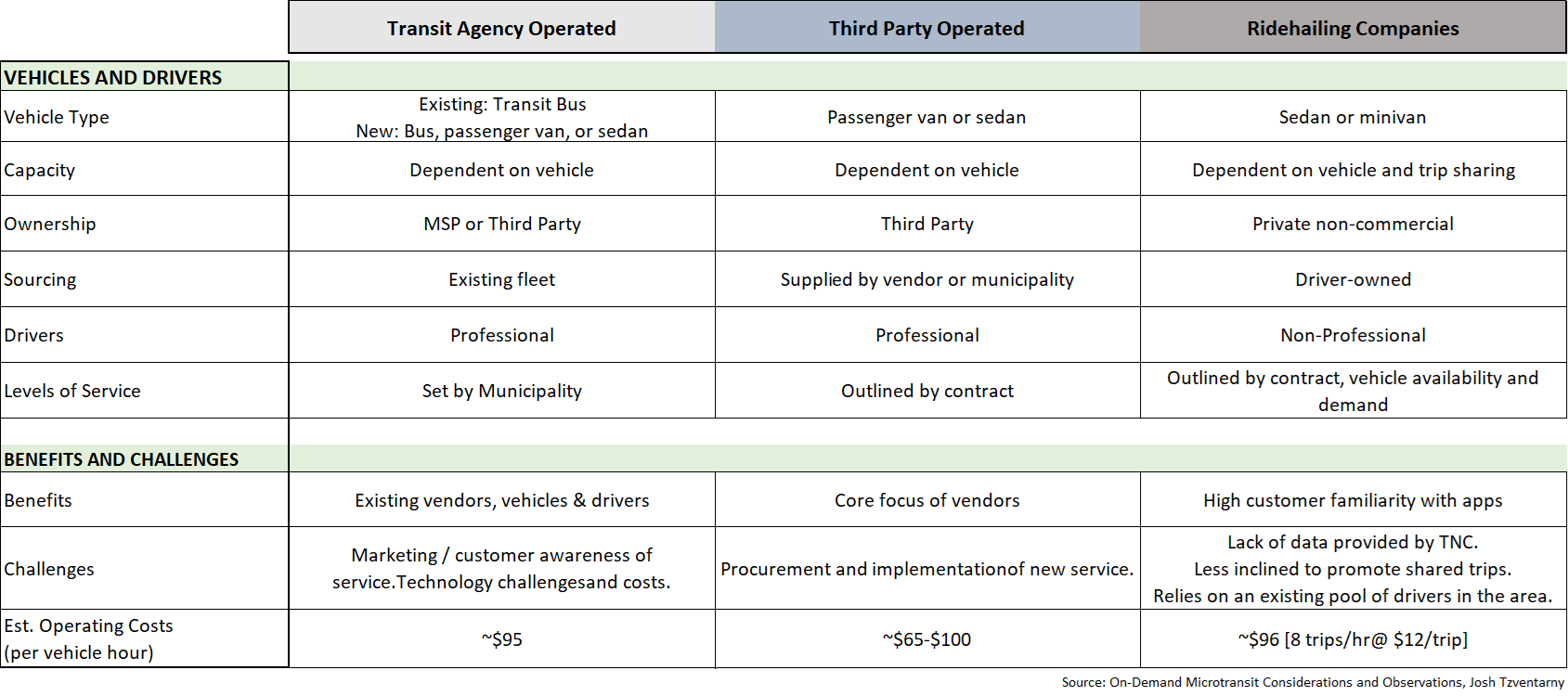
Some of the key startups which are offering on-demand transit services in Canada are:

Via Transportation Inc., a New York-based startup, is the one of global transit tech companies, offering its platforms in more than 500 cities in 20 countries around the world. The company has built a software-as-a-service (SaaS) platform managing microtransit / on-demand public transit, paratransit, student transportation, corporate / university shuttles, autonomous mobility, and logistics. Via also acquired Remix in March 2021 to integrate end-to-end planning features. The company has raised more than $777.1 million in private funding and has filed privately for a public listing in December 2021.
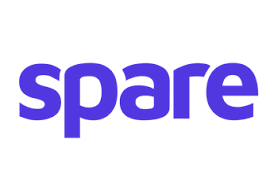
Spare Labs Inc., a Vancouver-based startup, provides a white-label operating platform to cities and operators to manage your microtransit, paratransit, and ride-hailing services. The company has built a transportation-as-a-service (TaaS) platform that allows commuters to add their location and find various travel options to get to their final destination. The application also enables transit agencies to reroute the buses in real-time depending on demand instead of traveling along fixed routes on fixed schedules. The company raised an $18 million Series A funding round in November 2021.
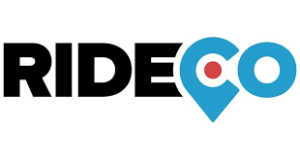
RideCo Inc., a Waterloo-based startup, is a white-label app platform that allows cities and operators to manage microtransit, paratransit, employee transportation, and long-distance commuting. The software can design dynamic routes for buses or other types of vehicles in real-time, directing them toward the next pickup and drop-off zones depending on demand. The company is currently operating in 3 countries (Canada, USA, and Singapore). The company has raised a $15.8 million Series A round in February 2022.

Pantonium Inc., a Toronto-based startup, has built a software platform that creates and self-adjusts routes and schedules in real-time, based on dynamic changes, delays, cancellations, and other reasons. The company is helping cities and transit agencies to manage microtransit, paratransit, and smart mobility services. The company currently serves clients in Canada and USA. In June 2020, Sustainable Development Technology Canada (SDTC) awarded $2 million to the company to develop on-demand transit software, with a goal of reducing 6,000,000 car trips and saving over 20,000 tons of C02 emissions.

Blaise Transit Ltd., a Montreal-based startup, is an AI-based software platform that helps transit agencies to run on-demand bus services. The company is offering microtransit solutions to cities and corporates for employee transport. Transit agencies can optimize the route and use the platform for any size of buses. The company was part of Techstars cohort and received $120,000 in funding in 2019.

Rekab Technologies Inc., a Toronto-based startup, is a white-label application to help cities and agencies to launch multi-modal transit planners, microtransit, paratransit, and taxibus services. The company enables cities to integrate on-demand transit services with conventional services, allowing riders to book end-to-end journeys across multiple modes of transport. Currently, Rakab serves transit agencies in Quebec province. The company has a raised undisclosed amount of funding from angel investors.
It is expected that more and more transit agencies will be introducing on-demand transit services. As per the Mass Transit Magazine survey 2021, currently, only 16 percent of transit agencies are offering on-demand services. Thus, there is a big room to grow for multiple players.
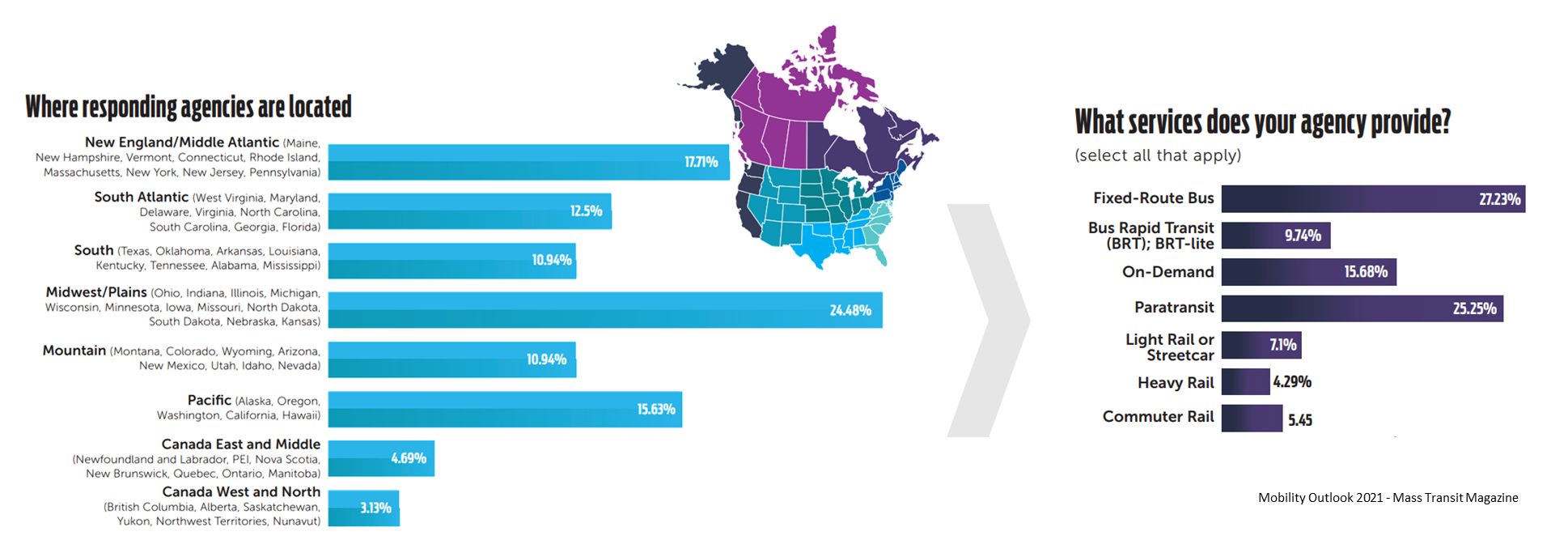
Reference Documents:
2. On-Demand Microtransit – Considerations and Observations, Josh Tzventarny, Metrolinx
Sorry, the comment form is closed at this time.



Pingback: The case for 'on-demand' transit in Ottawa - News in Canada